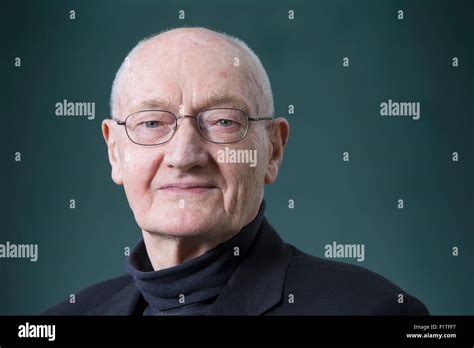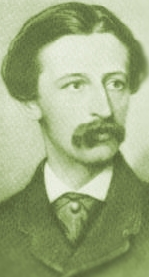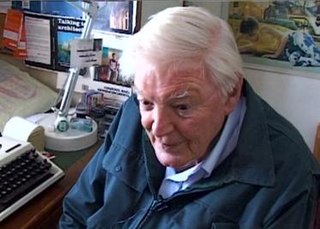A Quote by J. D. Trout
The important question is whether [a theory] is true, not whether envisioning an alternative is too intellectually painful to bear.
Related Quotes
There is a fluency and an ease with which true mastery and expertise always expresses itself, whether it be in writing, whether it be in a mathematical proof, whether it be in a dance that you see on stage, really in every domain. But I think the question is, you know, where does that fluency and mastery come from?
Whether or not we have personality disturbances, whether or not we have the ability to overcome deficiencies of early environment, is like the answer to the question whether or not we shall be struck down by a dread disease: "it's all a matter of luck." It is important to keep this in mind, for people almost always forget it, with consequences in human intolerance and unnecessary suffering that are incalculable.
In the descent from a world of factual discourse into a world of emotions and alternative realities, the first step you take, whether you're the Russian media, whether you're Breitbart, is that you manufacture lots of stuff that isn't true. The second step is that you claim that everyone is like this.


































